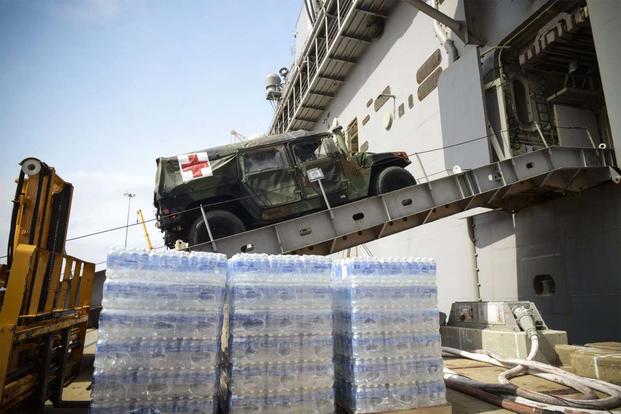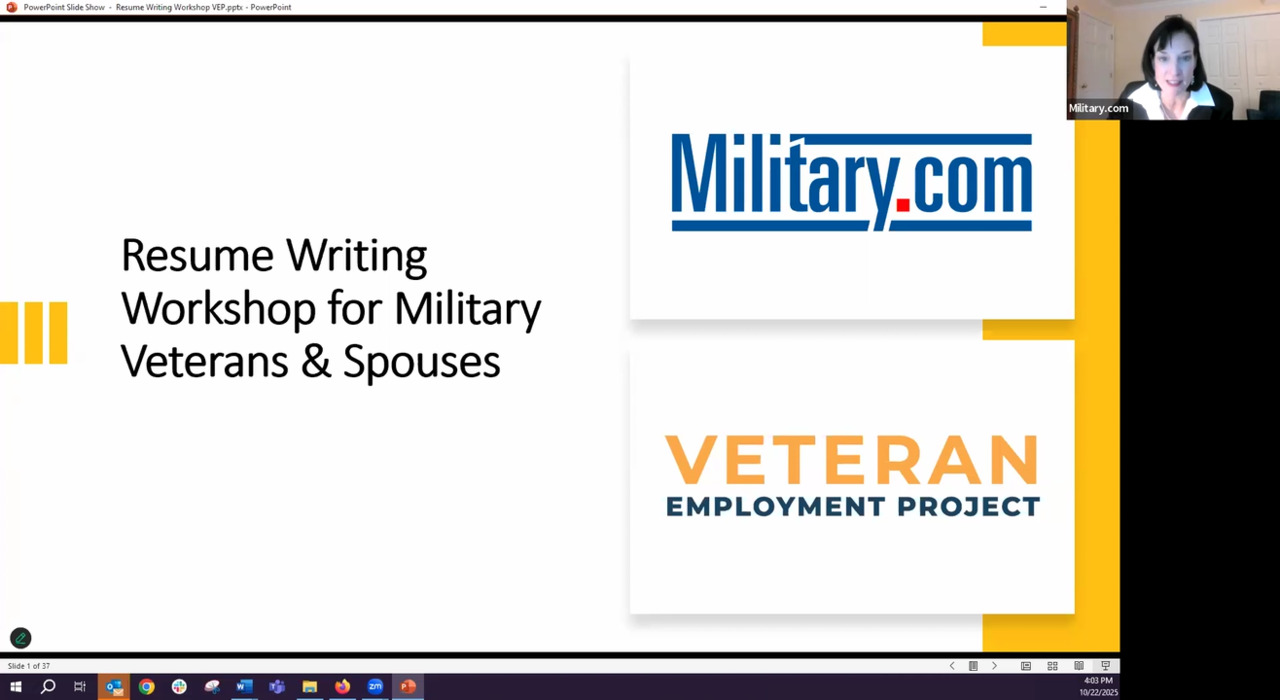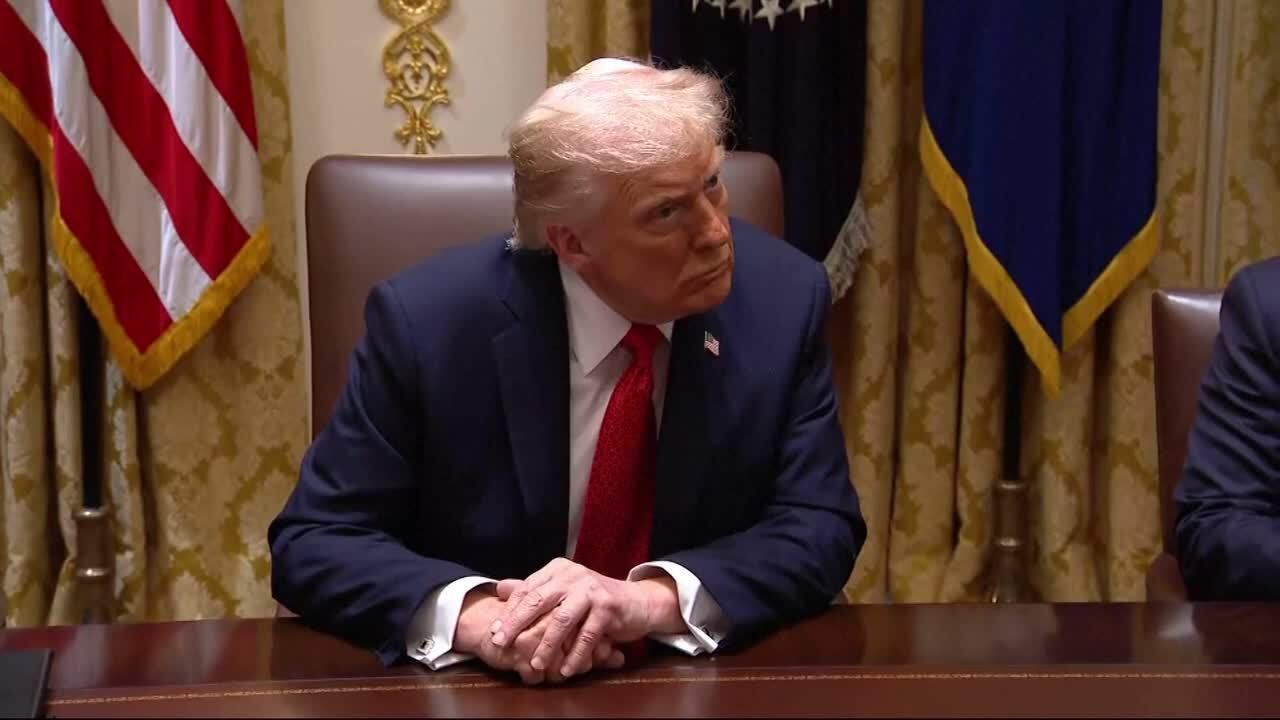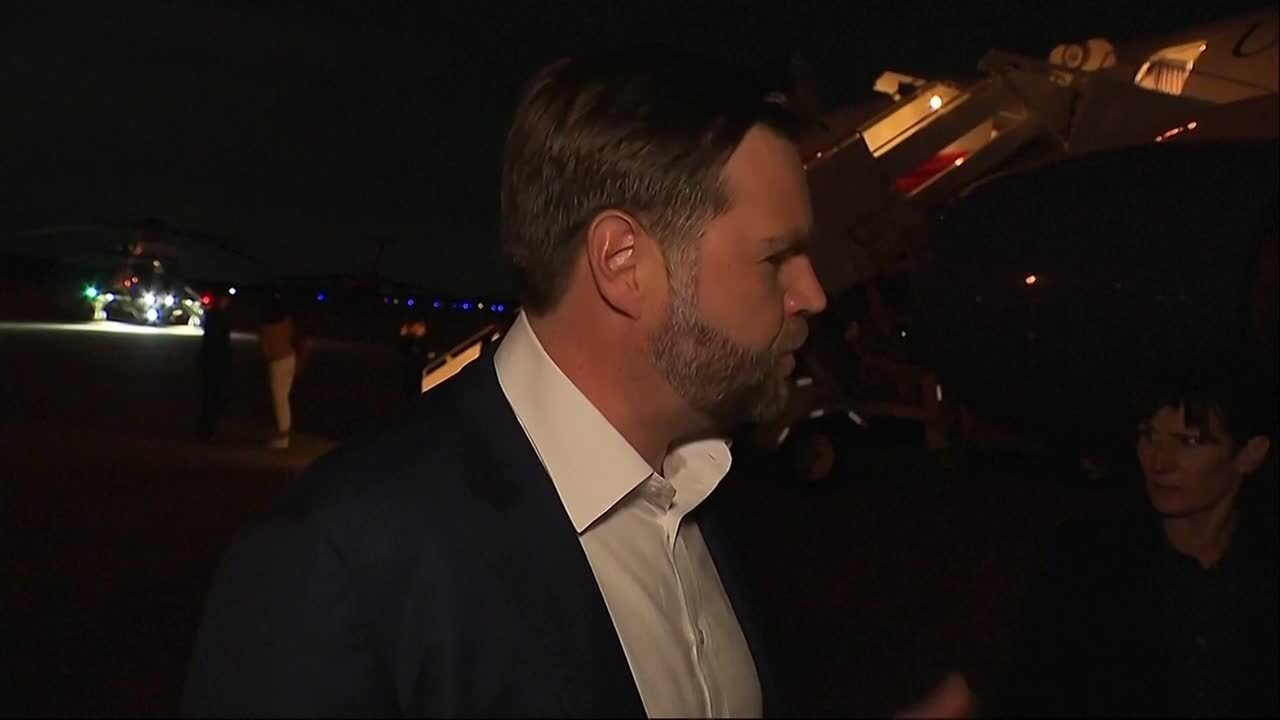The amphibious assault ship Iwo Jima will return to Norfolk in coming days and leave the Hurricane Matthew relief effort to non-governmental organizations and Haitian civil authorities, Adm. Kurt Tidd, commander of U.S. Southern Command, said Tuesday.
The United Nations estimates that about 1.4 million Haitians are still in need of urgent assistance and face the possibility of another widespread cholera outbreak similar to that which devastated Haiti in 2010 after a major earthquake.
Local officials put the death toll from the hurricane at more than 1,000.
However, Tidd said that he was told to prepare for a two-week relief mission when Hurricane Matthew hit Haiti on Oct. 4 and the Iwo Jima's withdrawal will "allow organizations in there for the long haul to take over."
Related: Airmen Detail Hurricane Relief Efforts in Haiti
Rear Adm. Cedric Pringle, who had led Joint Task Force-Matthew, will return to Key West, Florida, to his job as deputy director of Joint Interagency Task Force South, which interdicts the drug flow from South America, Tidd said at a Pentagon news conference.
Rear Adm. Roy Kitchener, commander of Expeditionary Strike Group 2, takes over the task force from Pringle.
Tidd said he expects the Iwo Jima to depart Haitian waters in the "next couple of days."
Troops who had been assigned to handle the arrival of relief flights at the Port-au-Prince airport are also withdrawing. About 400 U.S. service members were at the airport at the height of the relief effort. About 200 remain, Tidd said.
The task force has so far delivered about 559,000 pounds of food, water, medical supplies and shelter materials to Haiti. Iwo Jima's MV-22 Ospreys and other aircraft have delivered aid to areas inaccessible by road.
Tidd said the Iwo Jima's primary role was to "buy time until the roads were opened up" to allow for aid convoys. The number of requests for the U.S. to airlift relief decreased in recent days, and road access has improved, he said.
-- Richard Sisk can be reached at Richard.Sisk@Military.com.





























